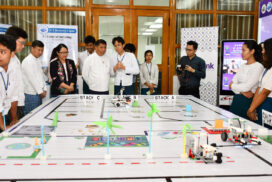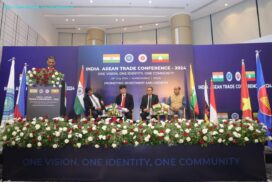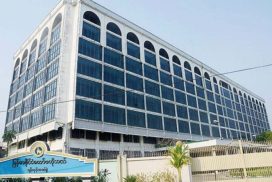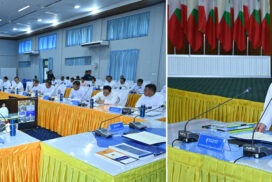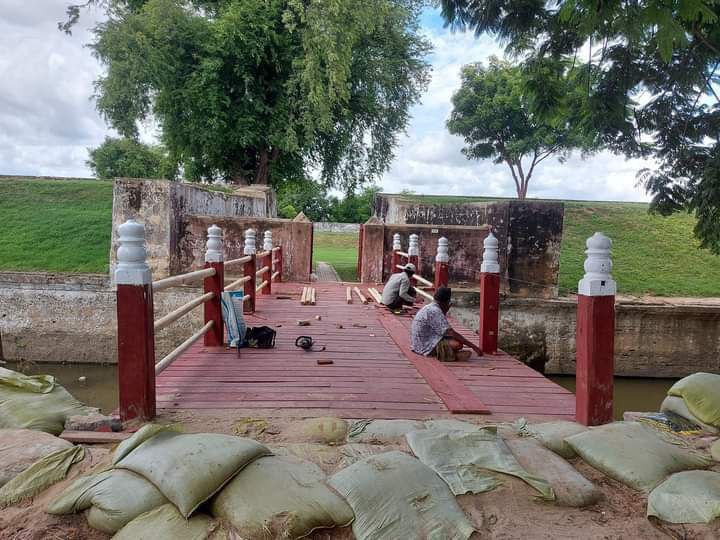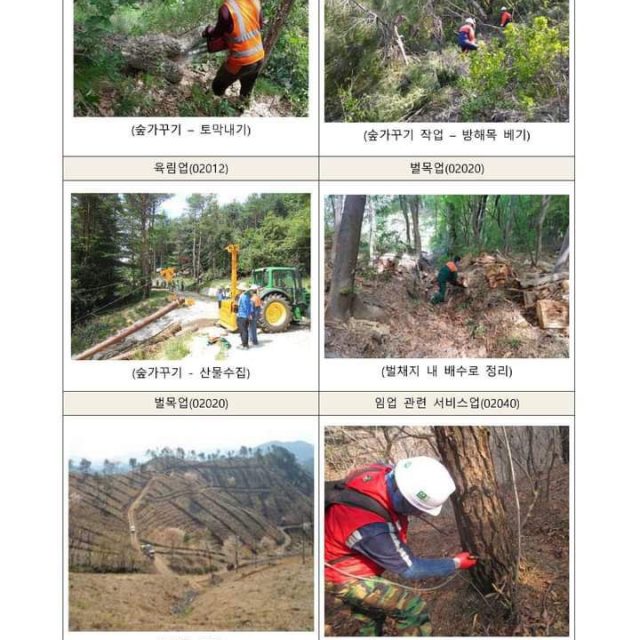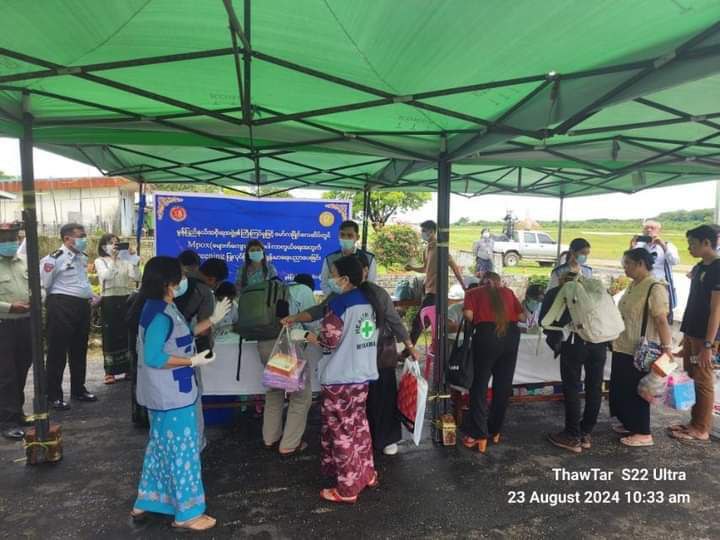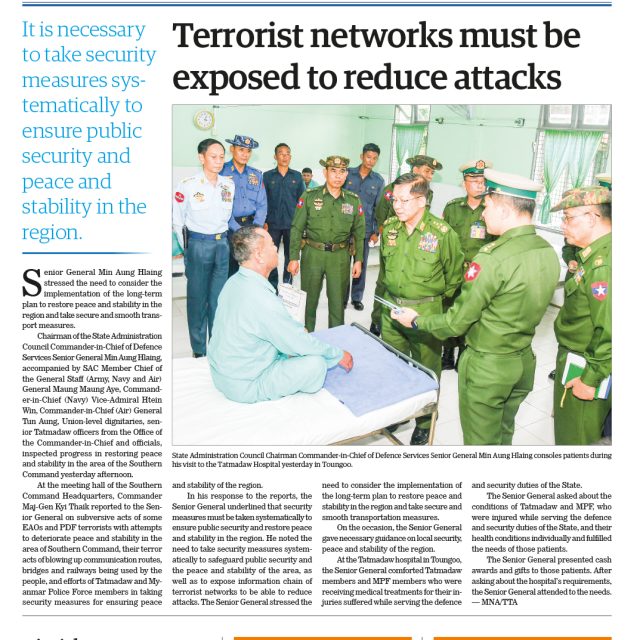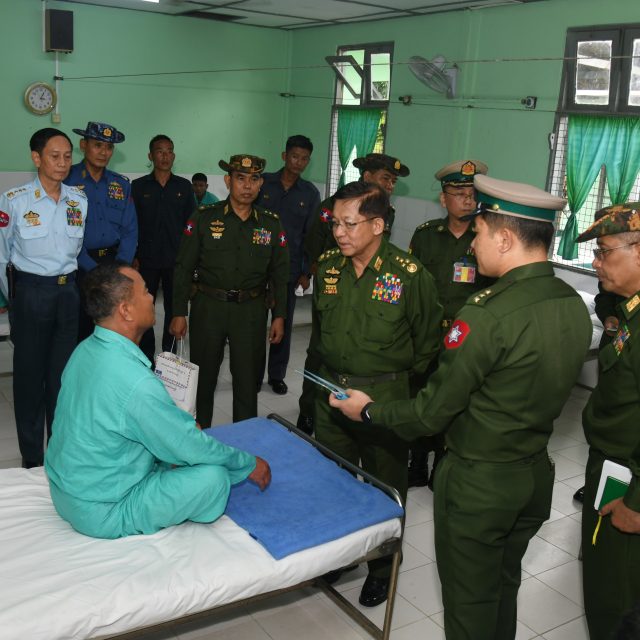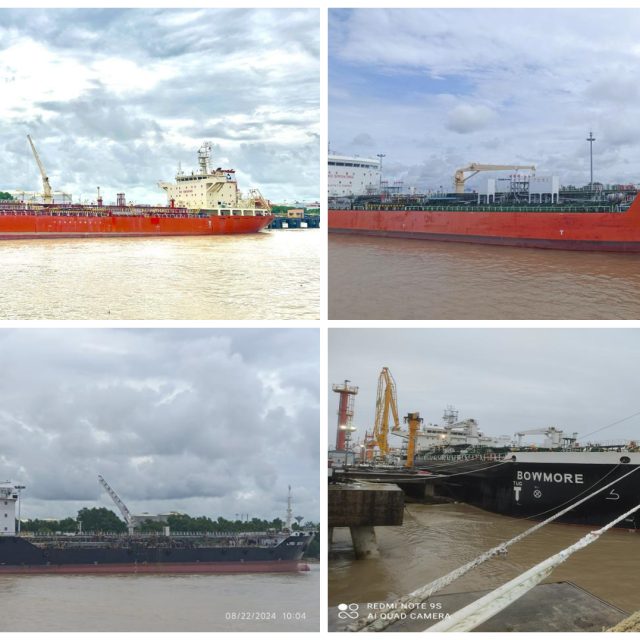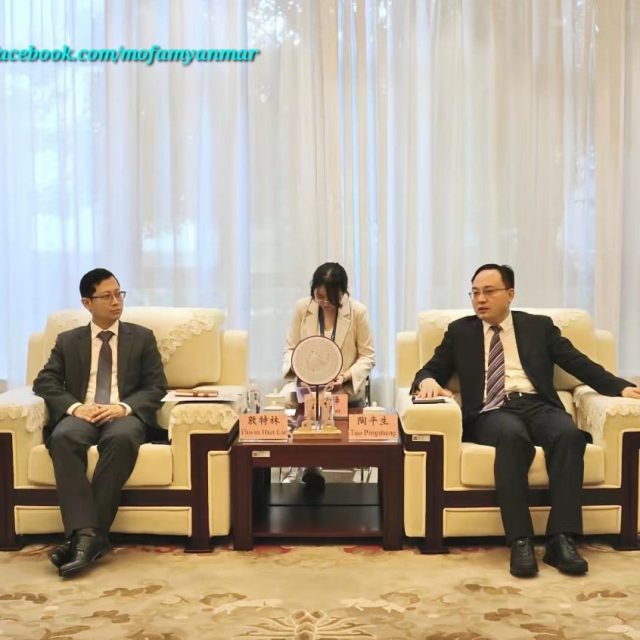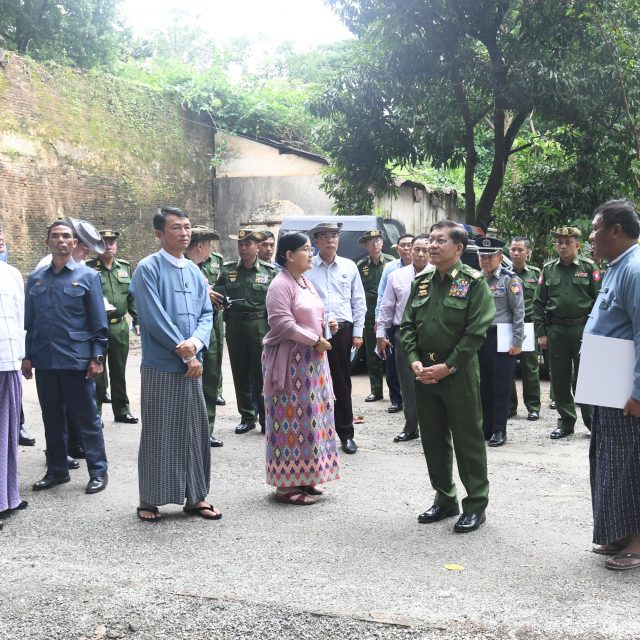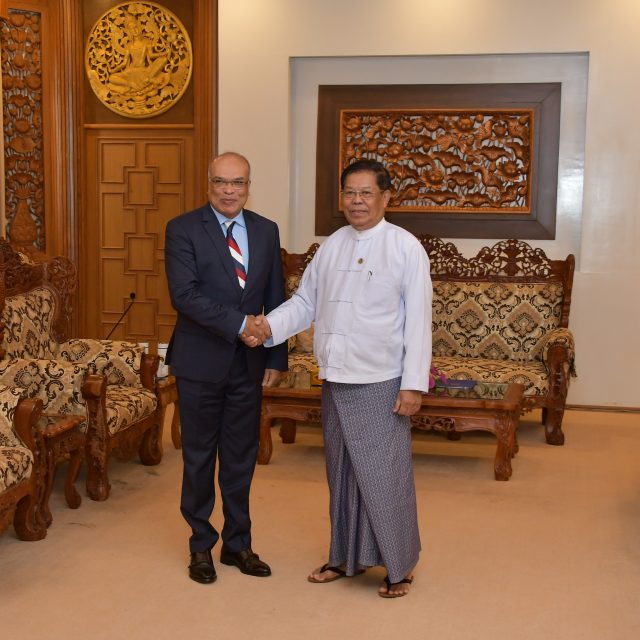I ndia’s Jan Dhan-Aadhaar-Mobile (JAM) trinity of technologies can be used to quickly establish Africa’s digital and physical infrastructure to develop that Continent’s food systems, and ease in logistics and trade barriers. These are among the top recommendations shortlisted by the Business 20 (B20) Council on African economic integration.
(According to latest available data, 99 per cent of households in India have access to banking. Of the 1.42 billion people in the country, 1.352 billion have Aadhaar (national identity) cards, and 1.2 billion people own mobile phones. This trinity of technologies has helped India become the fastest growing large economy in the world today).
The council will soon share its results with the Indian government and the G20, Bharti Airtel Chairman Sunil Bharti Mittal, who is heading the B20 Council, has said.
The B20 is the official G20 dialogue forum with the global business community, and its recommendations are often incorporated in the G20’s work programme.
African integration has evinced a special interest from Prime Minister Narendra Modi since it is an area where he wants to leave a legacy, Mittal said in an interview to Business Standard. The recommendations will be officially released at the B20’s final upcoming final meeting in August.
“The main pillar on which our work is based is the need to establish digital and physical connectivity. A massive infrastructure intervention is required to create and connect border roads, waterways and train lines. To raise digital connectivity, India’s digital stack, including our biometrics, Jan Dhan technology and mobile connectivity, can be leveraged,” he said.
India is also keen to share its indigenously developed digital stack with African nations, inquiries from many of which have already come, officials have confirmed.
“India wants to use this as an opportunity to project its soft power, rather than as an economic agenda or a business opportunity to populate as many countries across the globe, and especially the global south with the Indian stack,” Mittal said.
Mittal has been closely associated with the continent since 2010 when Airtel Africa began operations. It now has the largest geographical and economic footprint in Africa among Indian corporates, serving 14 markets, primarily in east and central Africa. With a total user base of 140 million as of end-2022, the company is the second-largest in the African continent.
Equally, it is also the second-largest carrier in terms of subscribers in Africa’s largest economy — Nigeria owing to its cheap data plans. With 54.6 million data customers and 31.5 million customers using mobile money, Airtel Africa is positioning itself to tap the vast well of consumer demand for these services.
Another pillar of B20’s recommendations will be on transforming agriculture and the food system in Africa.
“Parts of Africa, such as the DRC (Democratic Republic of Congo), are extremely fertile, but still there aren’t many crops. The Congo basin can feed the world, especially in the aftermath of the crisis in Ukraine and global wheat prices soaring. Africa can feed the world for decades to come. There would be no food shortage if everybody focuses on Africa, and it would grow those nation’s economies,” Mittal stressed.
He suggested India’s agriculture universities can take forward their collective work on the green and white revolutions and partner with African institutions.
Improving barriers to trade and logistics is another important focus area, a senior functionary of Confederation of Indian Industry (CII) said.
Africa is a huge continent of 54 countries, with a $3.14 trillion nominal GDP as of 2023 and 1.43 billion people. But internal trade between African economies remains much lower than their trade with external partners.
Pointing to the global Trade Facilitation Agreement at the World Trade Organization (WTO) that came into effect in 2017, Mittal said it was heavily geared towards Africa so that cross-border trade becomes easy, and better technologies are introduced.
“A lot of money was also given to Africa to upgrade its tech, and harmonize its tariff codes. But it still did not happen,” Mittal said. The B20 is therefore taking into account past experiences to chart a quick road map towards intra-continent trade.
The African Free Trade Continental Agreement, which is envisaged to create a European Union (EU) type of economic bloc, is in various stages of implementation by 46 of the 54 countries across the continent. Experts have pushed for Africa to trade as much as possible within the continent, and the AFCTA is expected to boost income by $450 billion in trading economies by 2035.
Finding the funds needed for implementing the B20 recommendations, usually a challenging task when it comes from Africa, may be a smaller problem than earlier. While G20 nations have promised to prioritize the economic development of the global south, funds have been scarce till now.
Mittal, however, stressed that a large corpus of funds had been identified by the B20, which has already been committed. In 2022, the United States announced plans to invest at least $55 billion in Africa over the next three years. The funds will be utilized to implement the B20 recommendations.

